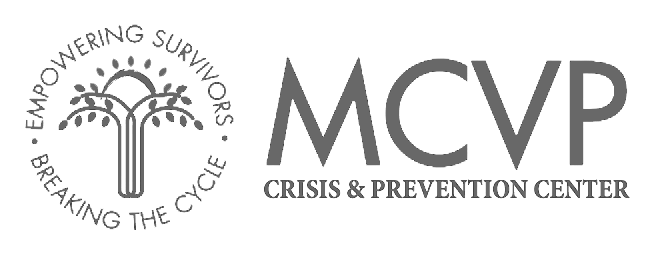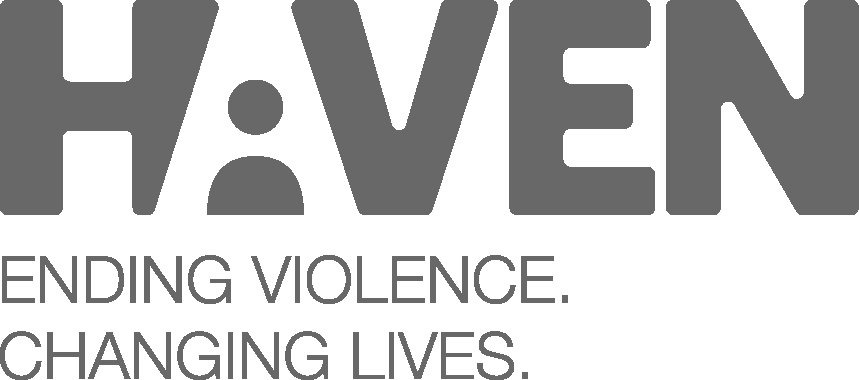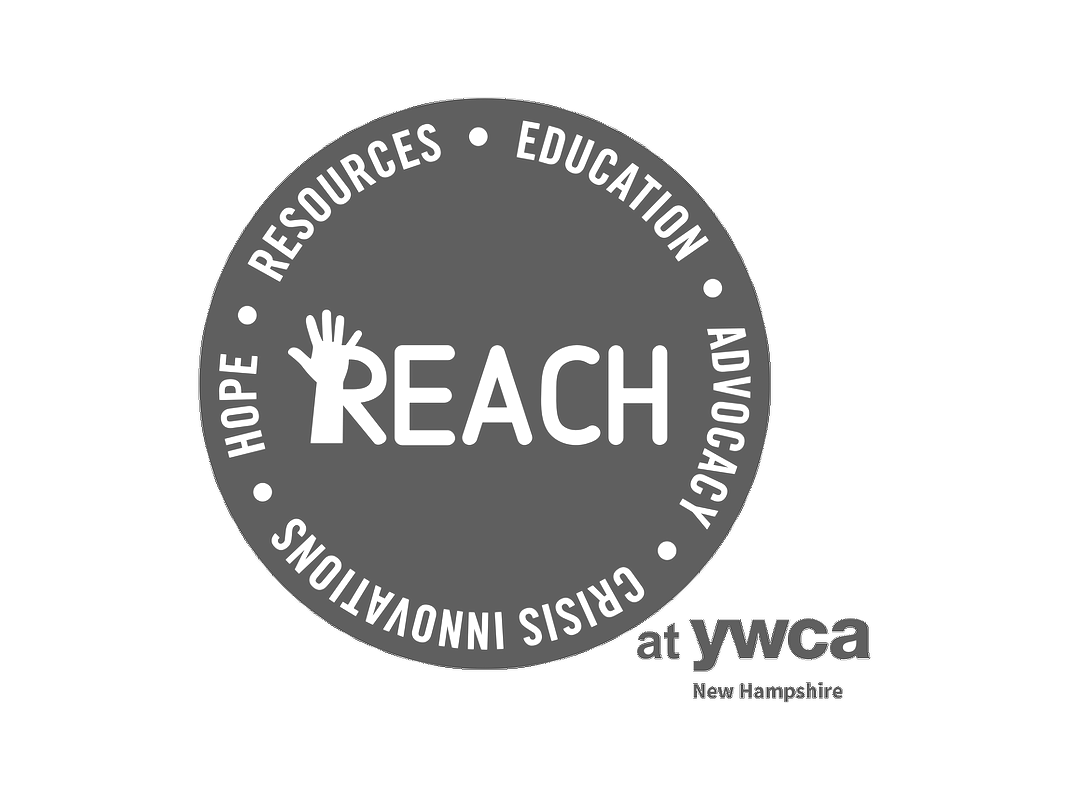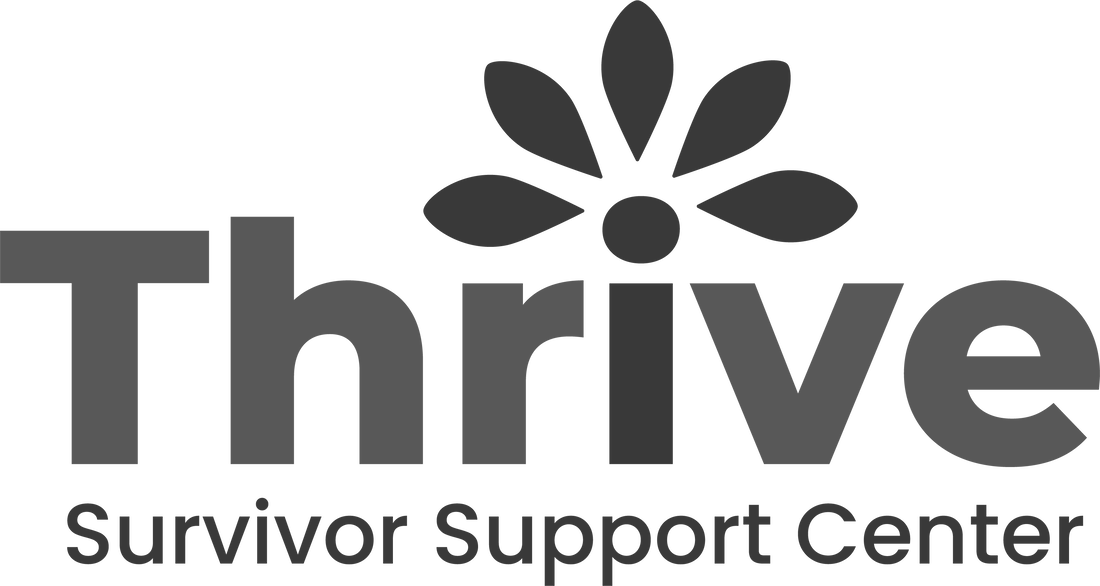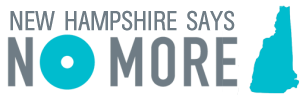GET HELP NOW
How Can I Help My family member or a friend who has been sexually assaulted?
Whether the assault was recent or many years ago, the support and understanding of family and friends can be the most helpful thing of all to a survivor. Many survivors say that the response they received when they first told someone made all the difference in their safety and healing process. There are many ways you can support a survivor
Listen
Listen patiently, without judgement.
Tell them you believe them
Sadly our society often still casts doubt and judgement on people who come forward. When we begin by believing it is the first step to healing.
It's never their fault
Let them know sexual abuse or assault is never the survivor's fault and there is nothing they could've done to prevent this from happening. Blame belongs with one person, the one who perpetrated the assault.
Support their decisions.
Let them know there are options for support, medical care and reporting. If they are an adult the decision is theirs to report the assault, seek medical attention, or connect with a crisis center. Support their decisions and support them if they change their mind. Ask the survivor how you can help before doing anything. It is important that they are in control of next steps.
Maintain their Privacy
It takes courage to disclose. You have been entrusted by the survivor and telling others could cause more harm to them. Tell the survivor that they can speak in confidence to an advocate at one of the Coalition's member programs for confidential support and information on how to help.
Take care of yourself, too
Get help for yourself if you're feeling overwhelmed or frightened by a situation. Find someone you can talk to about those feelings. Support and information for both you and your friend or family member is available through NH's 24/7 Domestic and Sexual Violence Helpline at 1-866-644-3574.
If the victim is a child or an incapacitated adult, they need to be safe, and you are mandated to report abuse. Call the NH Division for Children Youth and Families, or the NH Bureau of Elderly and Adult Services to talk with a case worker about the situation.
If you or someone you know is experiencing or has experienced sexual assault, you can contact the crisis center nearest you for information, referrals and support. In emergency situations, call 911.
If you or someone you know is experiencing or has experienced sexual assault, you can contact the crisis center nearest you for information, referrals and support. In emergency situations, call 911.
PHRASES YOU CAN USE TO HELP
“Nothing you did (or didn’t do) makes you deserve this.” or “It’s not your fault.”
“I’m sorry this happened.”
“I believe you.”
“I’m glad you told me what you’re going through.”
“How can I help you feel safer?”
“I’ll support your decisions.”
“You’re not alone."
“What can I do to help?”
“I’m sorry this happened.”
“I believe you.”
“I’m glad you told me what you’re going through.”
“How can I help you feel safer?”
“I’ll support your decisions.”
“You’re not alone."
“What can I do to help?”
Our Supporting Partners
The 12 member programs of the New Hampshire Coalition Against Domestic and Sexual Violence provide services regardless of gender,age, health status (including HIV-positive), physical, mental or emotional ability, sexual orientation, gender identity/expression, socio-economic status, race, national origin, immigration status or religious or political affiliation.
Funding for this website was provided by The Corporate Fund.
New Hampshire Coalition Against Domestic and Sexual Violence
PO Box 353, Concord, NH 03302-0353
(603) 224-8893
New Hampshire Coalition Against Domestic and Sexual Violence
PO Box 353, Concord, NH 03302-0353
(603) 224-8893
NH web design by Harbour Light Strategic Marketing


